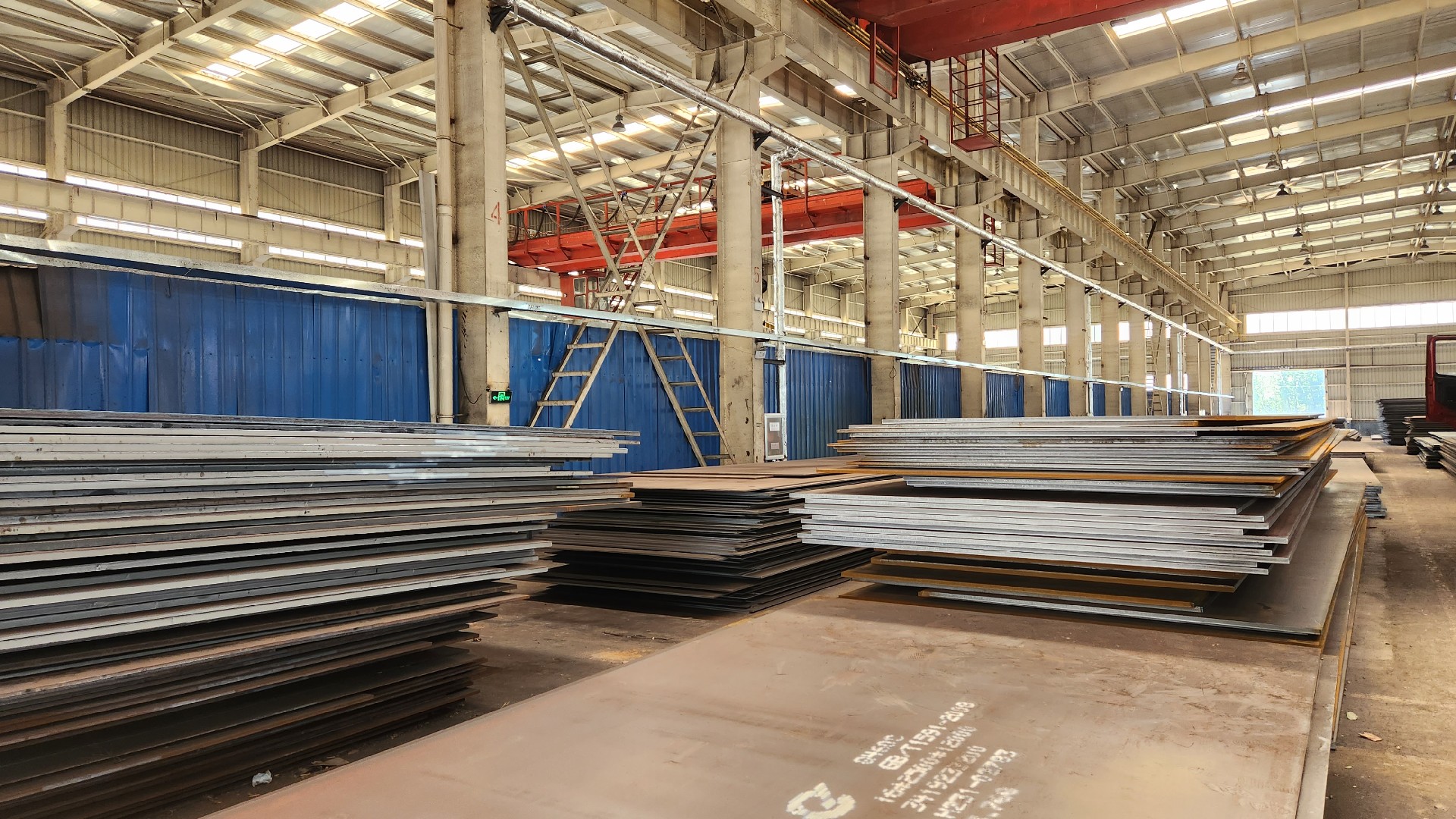

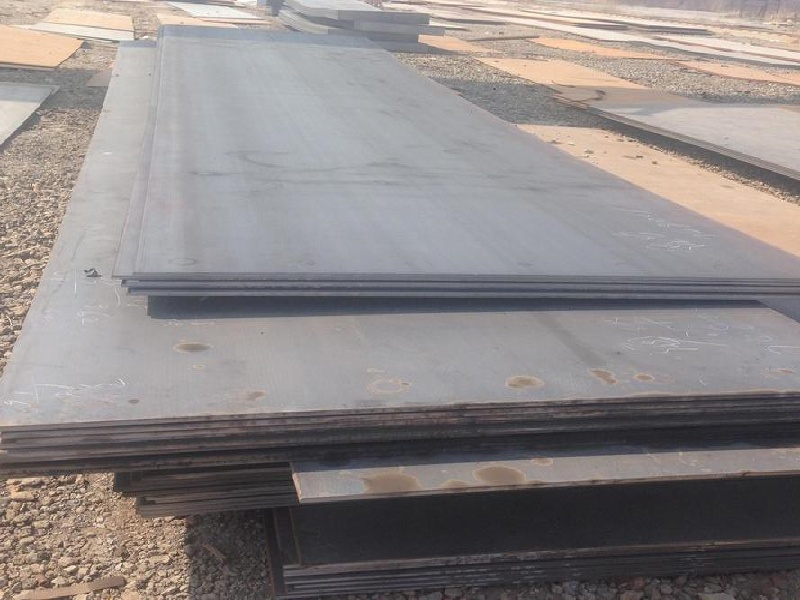
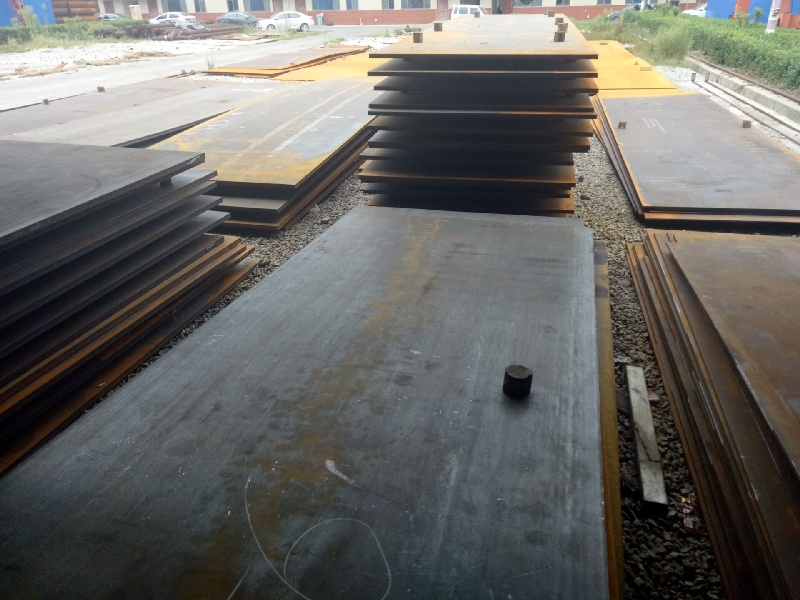
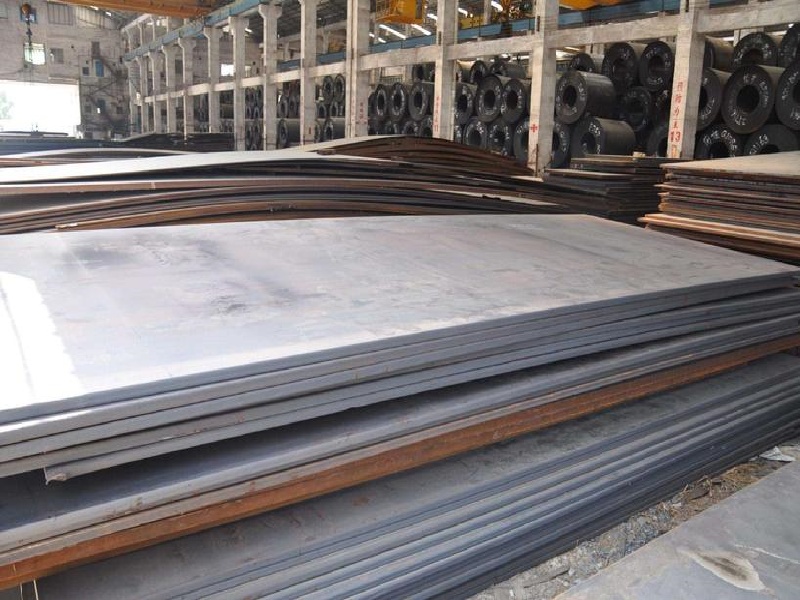
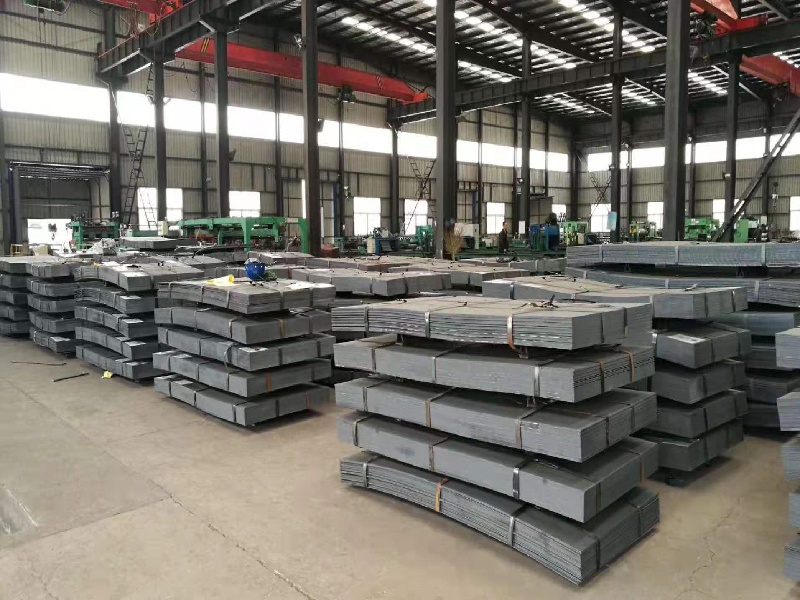
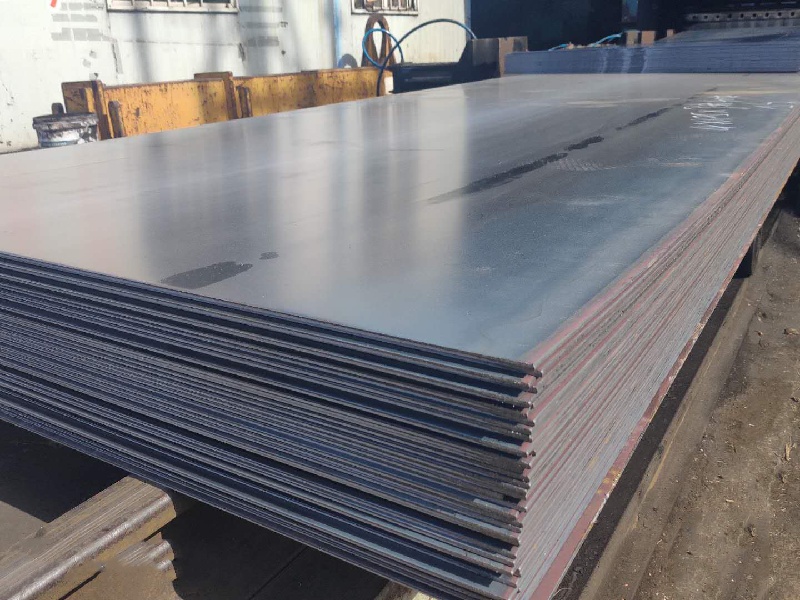
Steel sheet is a versatile and indispensable material used in various industries, including construction and manufacturing. Its strength, durability, and adaptability make it a preferred choice for a wide range of applications. In this article, we will explore the characteristics and uses of steel sheet, highlighting its importance in different sectors.
Steel sheet is renowned for its exceptional strength and durability. It is manufactured through a process of hot rolling or cold rolling, resulting in a flat, thin sheet of steel. The thickness and composition of steel sheet can vary, allowing for customization to meet specific requirements. This flexibility makes steel sheet an ideal choice for applications that demand high tensile strength and resistance to external forces.
Steel sheet plays a crucial role in the construction industry. It is commonly used in the fabrication of roofs, walls, and structural components of buildings. Steel sheet's strength and rigidity provide stability and protection against external factors such as wind and earthquakes. Moreover, steel sheet's resistance to corrosion and fire makes it a reliable choice for construction projects, ensuring the safety and longevity of structures.
In the manufacturing and industrial sectors, steel sheet finds extensive use. It is employed in the production of machinery, equipment, and components. Steel sheet's durability and malleability make it ideal for applications such as automotive manufacturing, appliances, and HVAC systems. Additionally, steel sheet is used in the manufacturing of storage tanks, pipelines, and shipping containers, providing strength and reliability in demanding environments.
Beyond its functional uses, steel sheet offers aesthetic appeal and versatility in decorative and architectural applications. It is commonly used in interior and exterior design, adding a modern and sleek look to spaces. Steel sheet can be shaped, cut, and textured to create unique patterns and designs. Its durability and resistance to weathering make it suitable for outdoor installations, such as cladding and facades.
The steel sheet industry continues to innovate and evolve to meet the demands of various sectors. Advancements in technology have led to the development of high-strength steel sheets with improved characteristics, such as increased formability and weldability. Furthermore, research and development efforts focus on enhancing the sustainability of steel sheet production, including the use of recycled materials and reducing energy consumption.
Steel sheet is a versatile material that finds application in construction, manufacturing, and architectural industries. Its strength, durability, and adaptability make it an essential component in various sectors. Whether it is used in constructing buildings, manufacturing machinery, or enhancing architectural designs, steel sheet plays a pivotal role in shaping our modern world. With ongoing advancements and a focus on sustainability, the future of steel sheet looks promising, ensuring its continued significance in industry.



